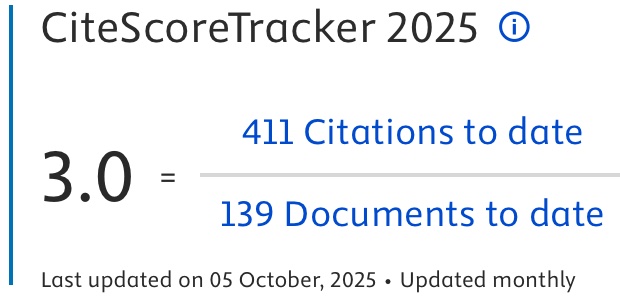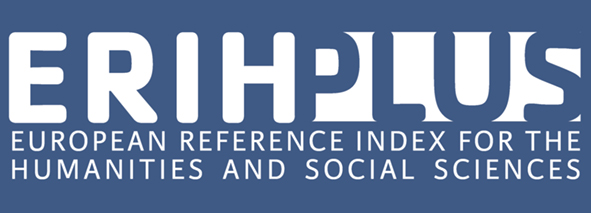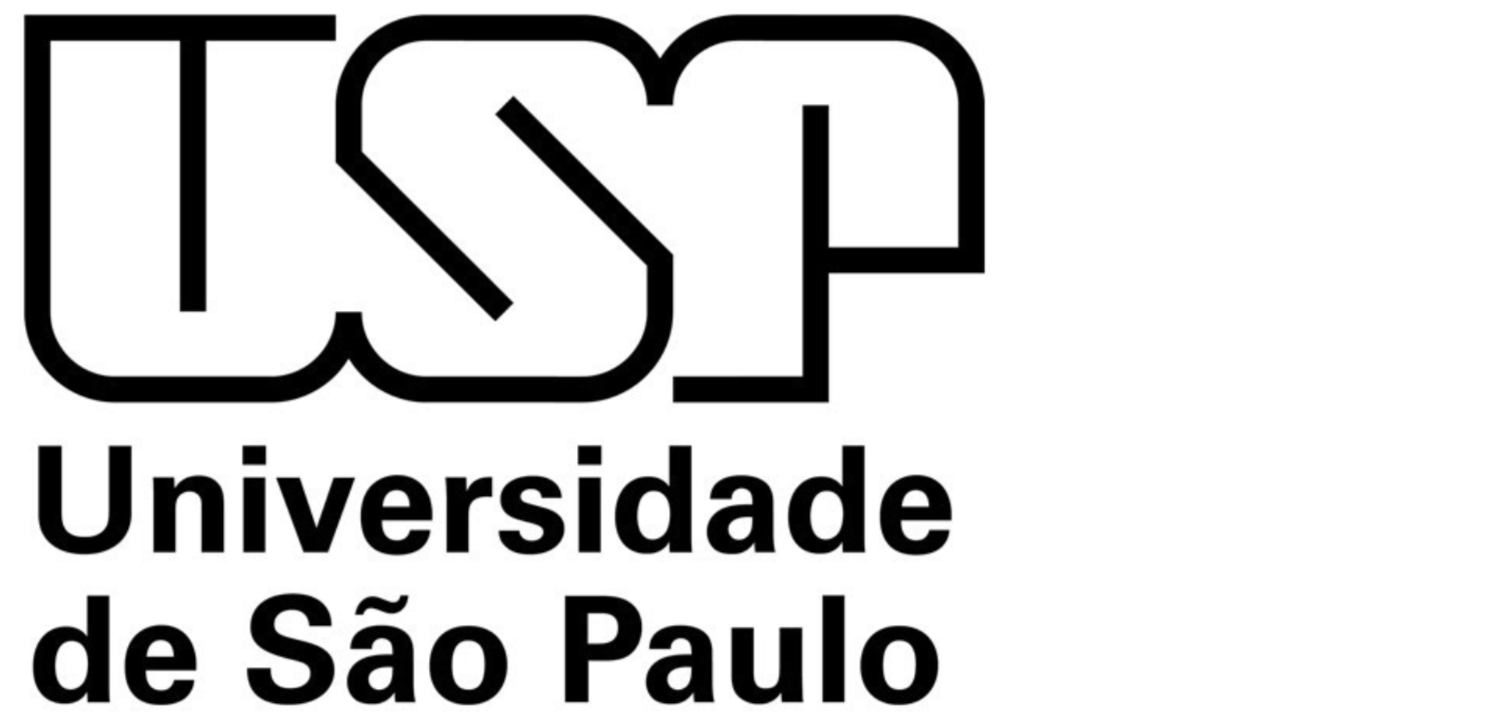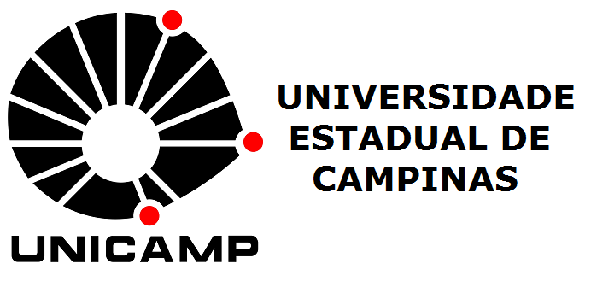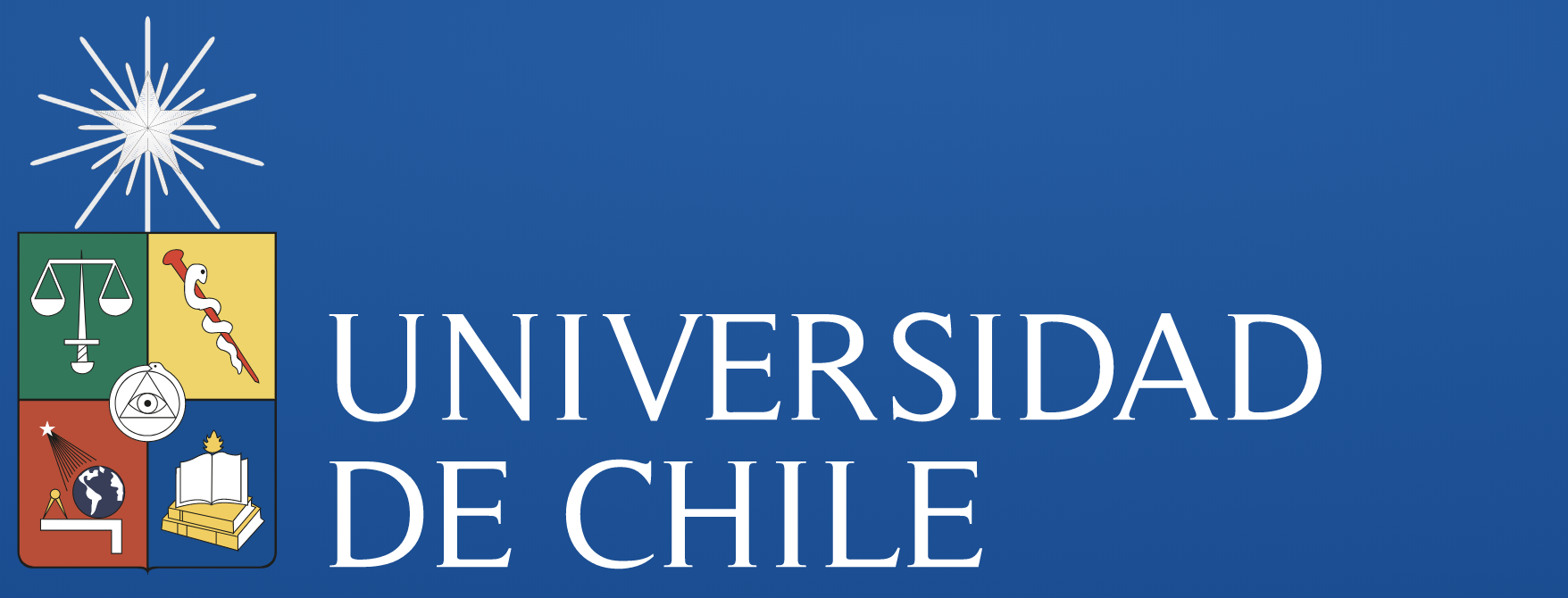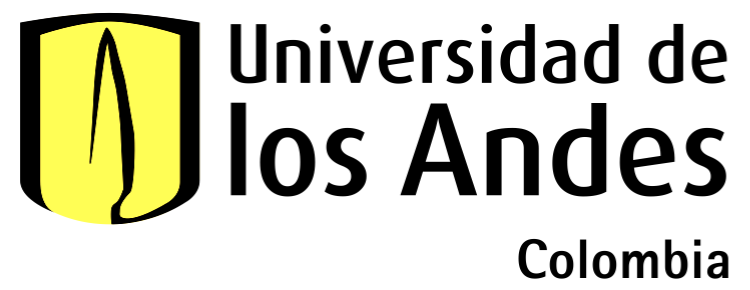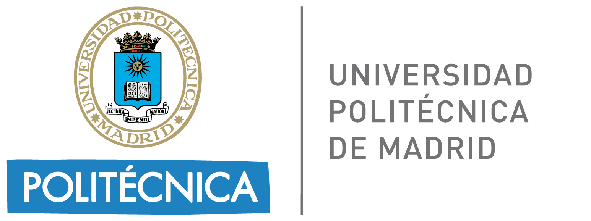Regenerating contemporary city between experimentation and education
DOI:
https://doi.org/10.19229/2464-9309/3162018Keywords:
contemporary city, urban regeneration, public city, workshop, RomeAbstract
The Paper aims to contribute at the comparison debate between Schools of Architecture, Engineering and Design, through the illustration of an educational experience developed by the Department of Planning, Design and Technology of Architecture, Sapienza University of Rome. The Workshop ‘Redeveloping, regenerating, and transforming the contemporary city. Towards a strategy of integration and of restoring urban and metropolitan balance’ organized with the University of Valladolid and with the Universidad of Castilla-La Mancha, aims to address, in cultural, disciplinary and experimental terms, the theme of role of regeneration strategies in the government processes of the contemporary city.
Downloads
Article Metrics Graph
References
Commissione parlamentare d’inchiesta sulle condizioni di sicurezza e sullo stato di degrado delle città e delle loro periferie (2017), Relazione sull’attività svolta.
EU (2016), Urban Agenda for the EU.
EU (2007), State Aid Control and Regeneration of Deprived Urban Areas, Commission Staff Working Document.
Galuzzi, P. and Vitillo, P. (eds) (2008), Rigenerare la città – La perequazione urbanistica come progetto, Maggioli, Rimini.
Gasparrini, C. (2015), In the city on the cities, Babel.
Mariano, C. and Ricci, L. (2018), “La costruzione a rete della Città pubblica – @22Barcelona: a smart neighborhood in a smart city”, in Techne, special issue 01, pp. 121-126.
Oliva, F. and Ricci, L. (2017), “Promuovere la rigenerazione urbana e la riqualificazione del patrimonio costruito”, in Antonini, E. and Tucci, F. (eds), Architettura, Città, Territorio verso la Green Economy, Edizioni Ambiente.
Oliva, F. (2014), “Regeneración urbana – Pasar de la teoria a la practica”, in Ciudad y Territorio Estudios Territoriales, n. 180.
Ricci, L. (2017), “Governare la Città Contemporanea – Riforme e strumenti per la rigenerazione urbana”, in Talia, M. (ed.), Un futuro affidabile per la città – Apertura al cambiamento e rischio accettabile nel governo del territorio, Planum Publisher, Roma-Milano.
Ricci, L. (2014), “Progettare per insegnare a progettare”, in Ricci, L. (ed.), Sperimentare il progetto – Insegnamento e ricerca scientifica nelle scuole di Architettura – Urbanistica Dossier, n. 7.
Ricci, L. (ed.) (2009), Piano locale e ... Nuove regole, nuovi strumenti, nuovi meccanismi attuativi, F. Angeli, Milano.
Ricci, L. and Cappuccitti, A. (2016), “Sperimentazione e progetto urbanistico nelle scuole di Architettura e Ingegneria – Tra didattica e ricerca”, in AU | Urbanistica Informazioni, n. 265.
Sbetti, F. et alii (eds) (2013), Il Governo della città nella contemporaneità – La città come motore di sviluppo – Tema 1: La rigenerazione urbana – Urbanistica Dossier, n. 4.
Talia, M. (ed.) (2016), Un nuovo ciclo di pianificazione tra tattica e strategia, Planum Publisher, Roma-Milano.
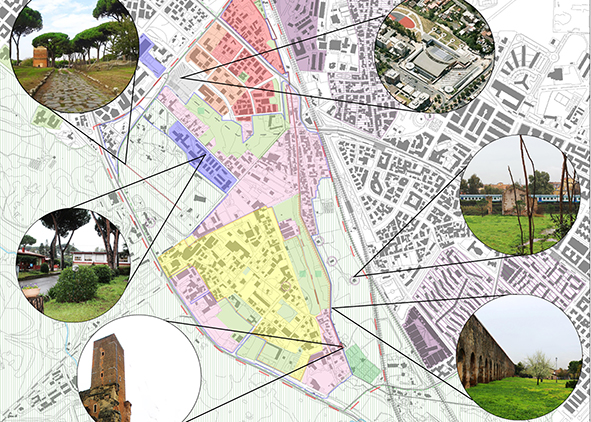
Downloads
Published
How to Cite
Issue
Section
License
This Journal is published under Creative Commons Attribution Licence 4.0 (CC-BY).
License scheme | Legal code
This License allows anyone to:
Share: copy and redistribute the material in any medium or format.
Adapt: remix, transform, and build upon the material for any purpose, even commercially.
Under the following terms
Attribution: Users must give appropriate credit, provide a link to the license, and indicate if changes were made; users may do so in any reasonable manner, but not in any way that suggests the licensor endorses them or their use.
No additional restrictions: Users may not apply legal terms or technological measures that legally restrict others from doing anything the license permits.
Notices
Users do not have to comply with the license for elements of the material in the public domain or where your use is permitted by an applicable exception or limitation.
No warranties are given. The license may not give users all of the permissions necessary for their intended use. For example, other rights such as publicity, privacy, or moral rights may limit how you use the material.






